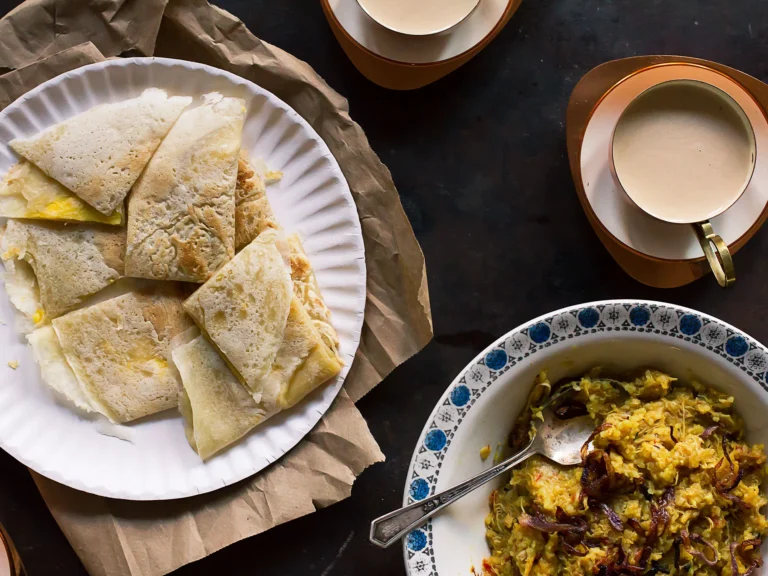Introduction: Dining in Oman
Dining is an important part of Omani culture and hospitality. Meals are often shared with family and friends, and visitors are always welcomed with open arms. Omanis have a rich culinary tradition, incorporating flavors from the Arabian Gulf, Persia, India, and East Africa. Whether you’re dining in a fancy restaurant or at a local home, you’ll find that Omani cuisine is sure to tantalize your taste buds.
Traditional Omani Cuisine
Omani cuisine is a fusion of rich flavors, spices, and aromas, with an emphasis on fresh, natural ingredients. Some of the most common ingredients used in Omani cuisine include fish, rice, meat, vegetables, dates, and spices like saffron, cardamom, and cinnamon. Some popular traditional dishes include shuwa (lamb cooked in an underground oven), khubz (Omani bread), machboos (spiced rice with meat or fish), and harees (a porridge made from wheat and meat).
Omani Dining Etiquette
Omani dining etiquette is rooted in Islamic culture, and is characterized by a strong emphasis on hospitality and generosity. When dining with Omanis, it is customary to eat with your right hand, as the left hand is reserved for personal hygiene. You should also avoid pointing the soles of your feet towards people or food, as this is considered disrespectful. Moreover, it is customary to accept food or drink when offered, and to leave a small amount of food on your plate at the end of the meal as a sign of politeness.
Dress Code for Dining in Oman
Dressing appropriately is an important part of dining etiquette in Oman. When visiting restaurants or dining in a local home, it is customary to dress modestly, covering your shoulders and knees. Women should also cover their heads with a scarf if they are visiting a mosque. Omani men often wear the traditional dishdasha, a long white robe, while women wear the abaya, a black robe that covers the entire body.
Popular Omani Food Dishes
Omani cuisine is characterized by a rich blend of flavors and spices. Some of the most popular Omani food dishes include shuwa, a spiced lamb dish that is cooked in an underground oven for up to 24 hours, and machboos, a rice dish that is cooked with spices, meat or fish, and sometimes dried limes. Another popular dish is kahwa, a traditional Omani coffee that is flavored with cardamom and served with dates.
Conclusion: Experience Omani Cuisine
Dining in Oman is a unique and enriching experience that provides a glimpse into the country’s rich cultural heritage. Whether you’re dining at a fancy restaurant or at a local home, you’ll find that Omani cuisine is sure to tantalize your taste buds with its rich blend of flavors and spices. So if you’re planning a trip to Oman, be sure to savor the culinary delights of this fascinating country.

